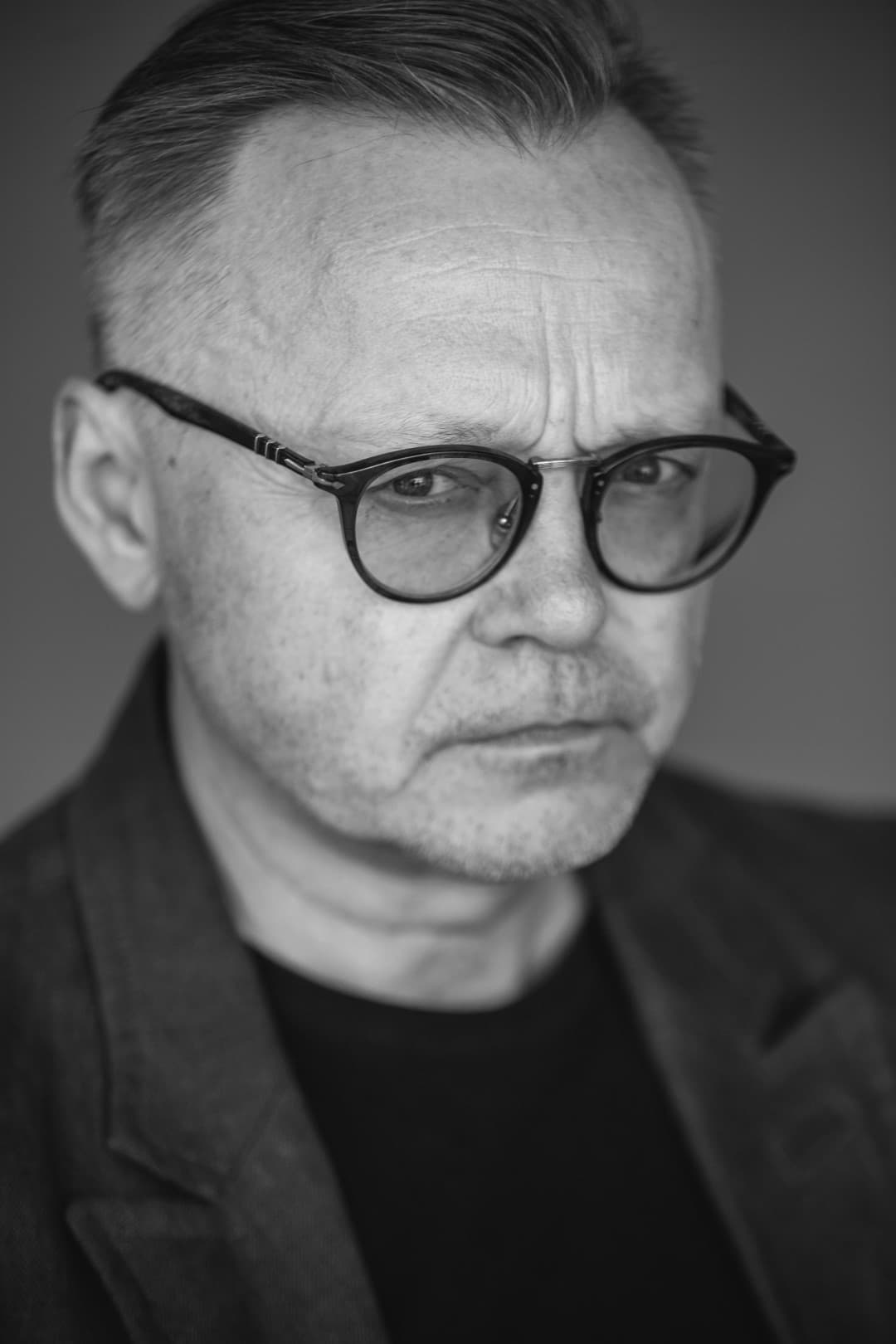
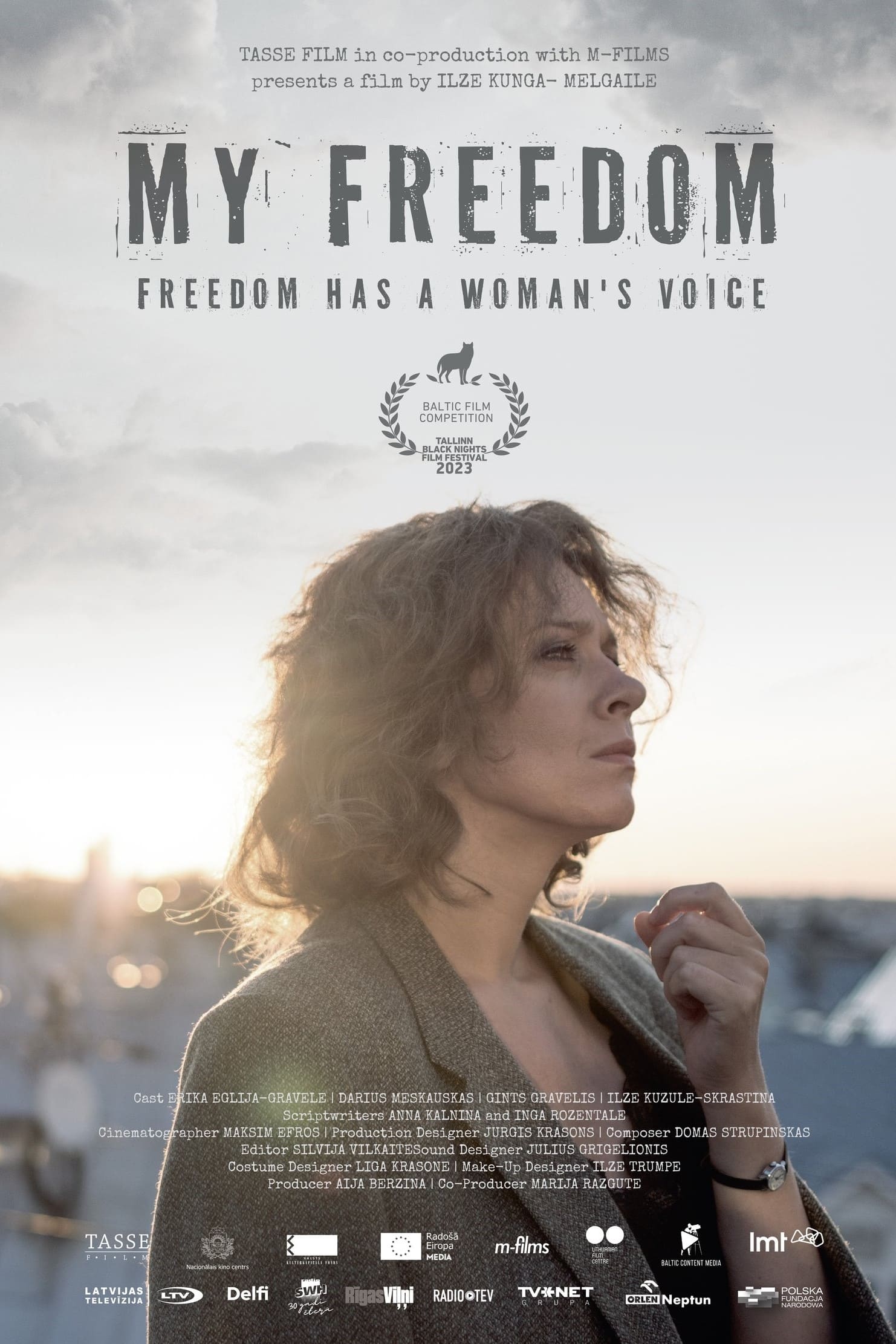
Alicija (33), a Polish-born liberal free-thinker, joins the Awakening movement in occupied Latvia. Her newlywed husband Ilgvars (53), a man with the experience of another generation, calls her to be more careful and cautious. With the support of a close friend, the poet Normunds (40), Alicija soon comes to the forefront of the Singing Revolution. However, alongside the first success, difficulties appear – Alicija receives an anonymous letter accusing Ilgvars of being a former KGB informant. His ambiguous answer leads to her wanting to find out the truth. Realizing that her husband’s actions in the KGB have affected the fate of her close friend, Alicija faces an unenviable choice. Torn by internal contradictions, she continues her work to restore the country’s independence, unable to find courage to resolve the situation. Alicija buries herself in her work and the emotional connection with her husband gradually fades away.
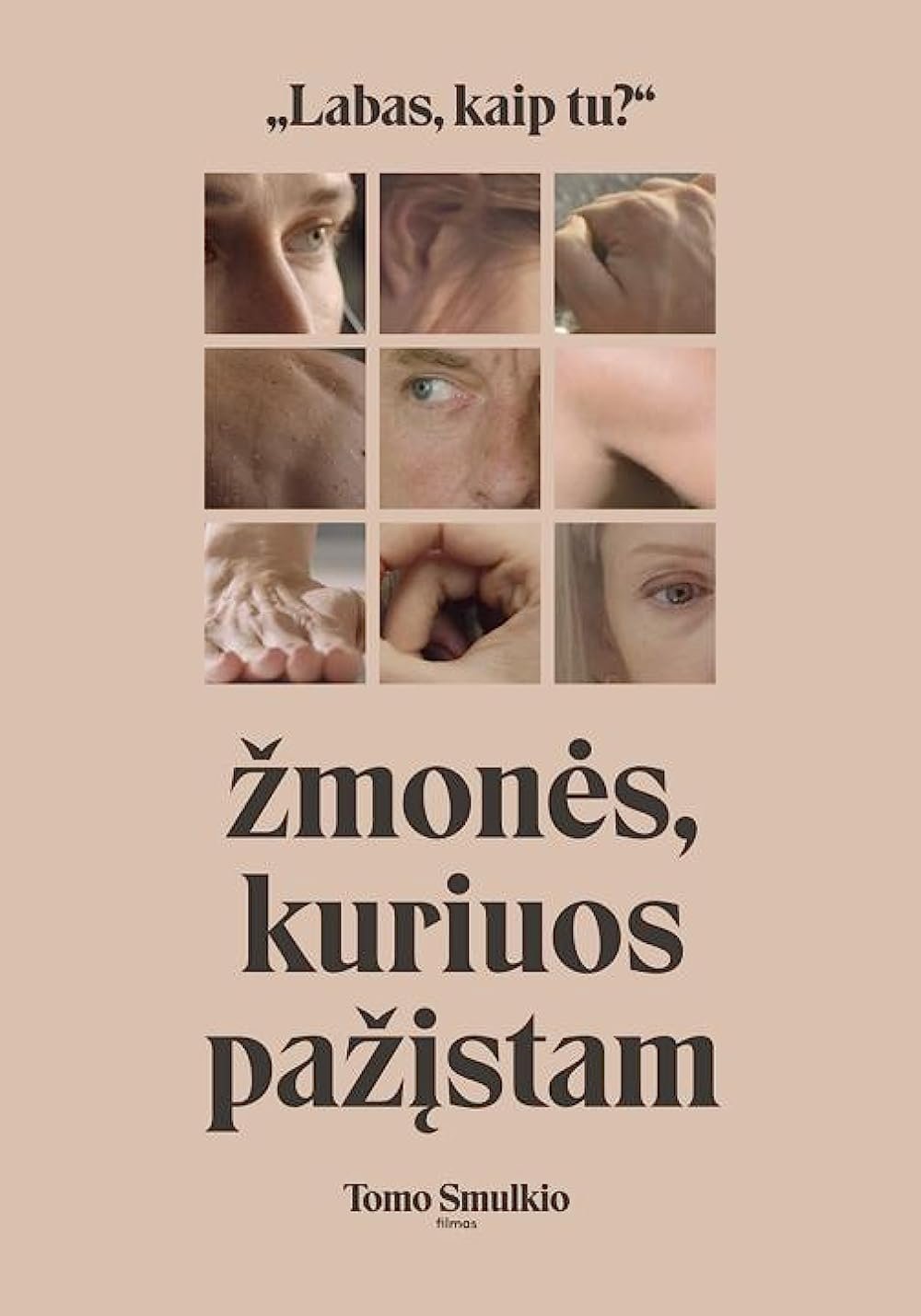
Vilnius, four hot summer days. Goda is learning anew to have a relationship while dealing with past trauma. Juste always had a safe life, planned for her by others, as she finally realizes she wants to decide for herself. After twenty years of marriage Vytas leaves his family, unable to admit his true reasons. The voice of Anatolijus joins all of these stories and experiences into one breathless state, which every character is trying to escape on their way to finding freedom in a constantly changing society that keeps on developing new standards.

During the interwar period, a Lithuanian geography professor tries to convince the government to establish a backup state overseas, in order to save their country from ruin. However, the idea is mostly mocked and opposed. Still, there is hope in the secret support from the elderly prime minister, who has become disillusioned with politics.
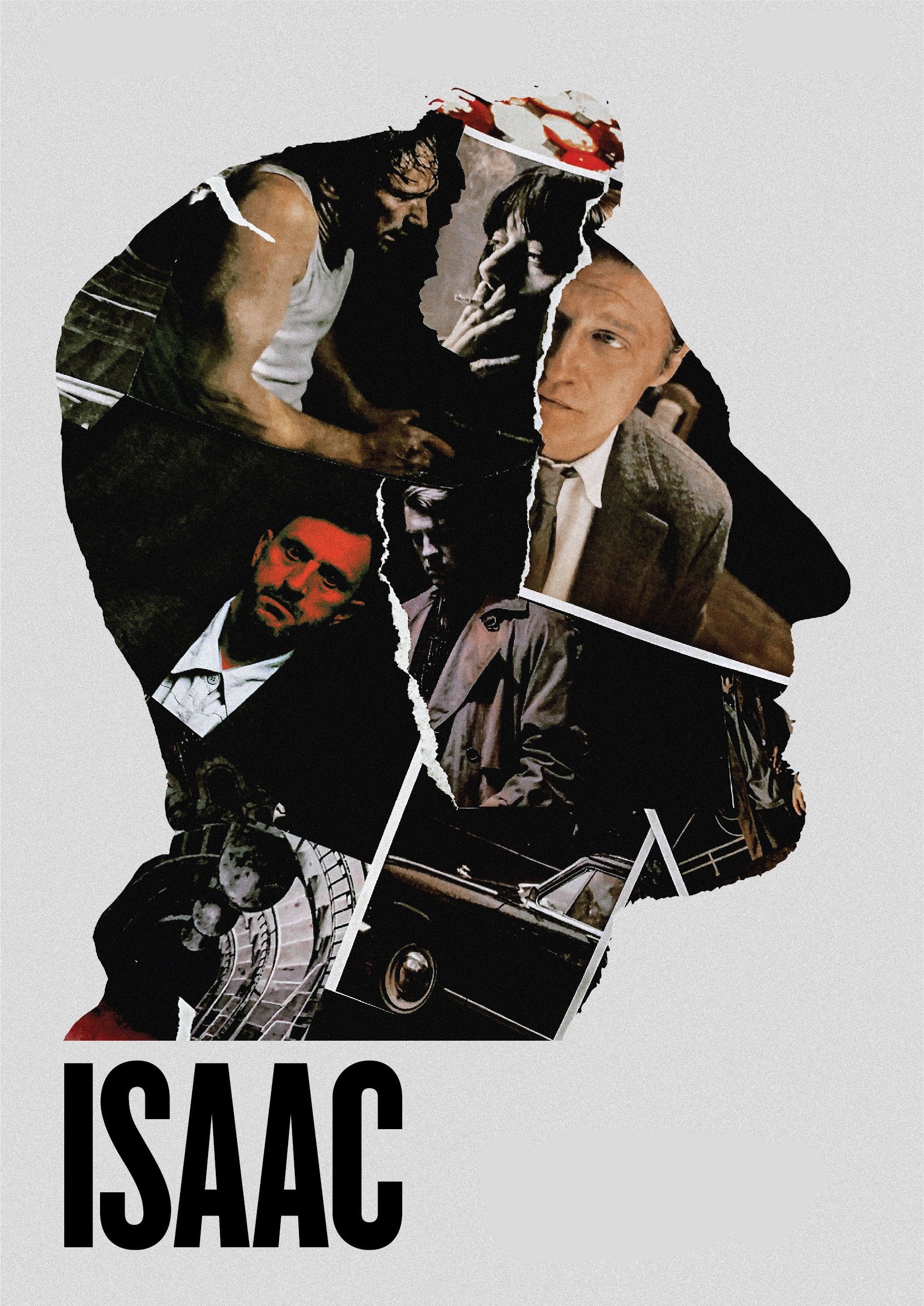
Kaunas, Lithuania, 1941, Lithuanian activist Andrius Gluosnis kills a Jew Isaac in Lietukio garage massacre. Years after the incident Gluosnis is haunted by the guilt.

A psychology postgraduate student escorts two patients and their nurse to a seaside psychiatric clinic. Along their journey, they break through each other's barriers, delve into the sources of their various traumas, and discover the lasting imprints left on their fragile souls.
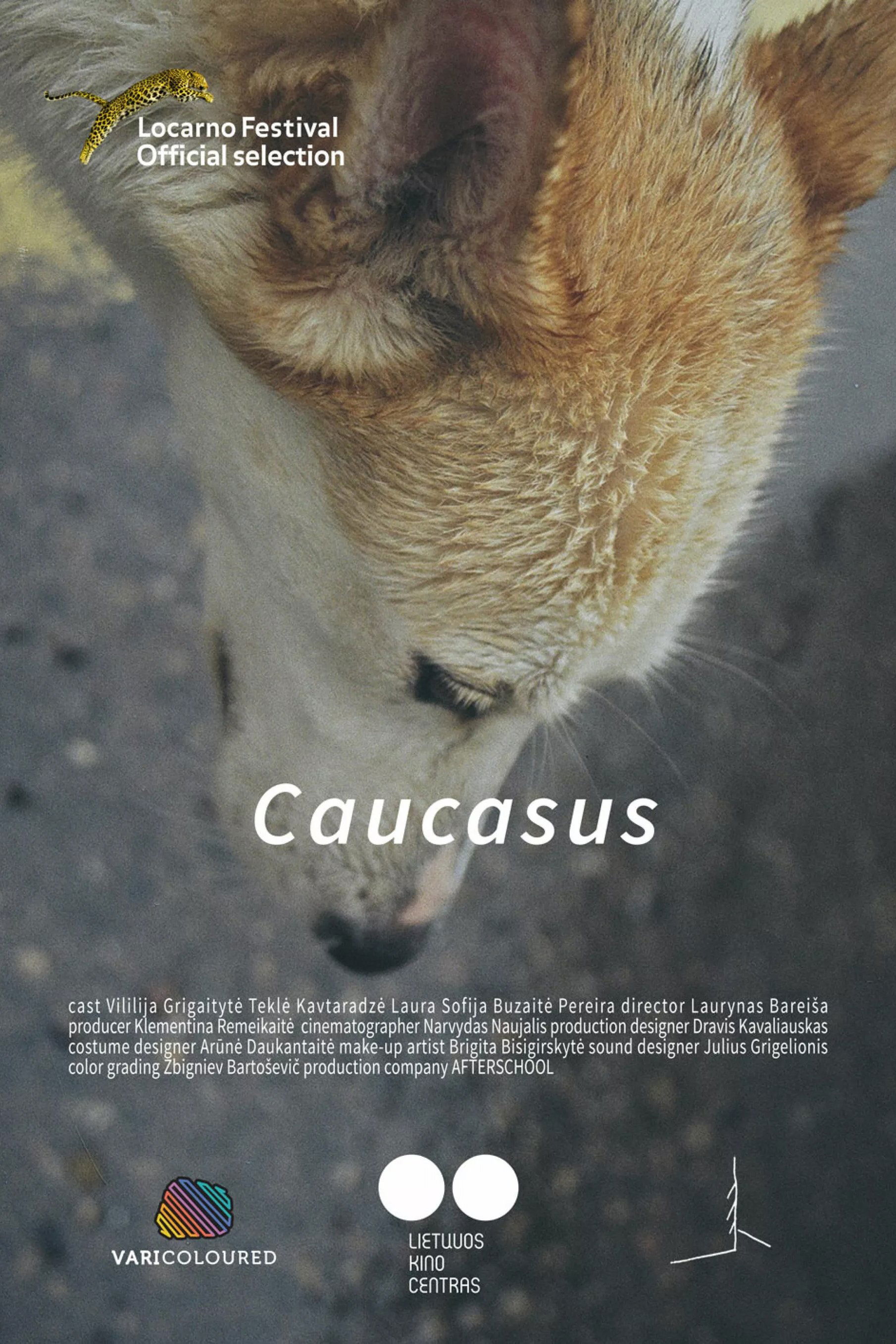
Tekle and her young daughter, Ema, return from abroad to visit Dalia, Tekle’s mother. When Ema goes out to walk her dog, Dalia, fearing something terrible might happen to her granddaughter, starts looking for her.
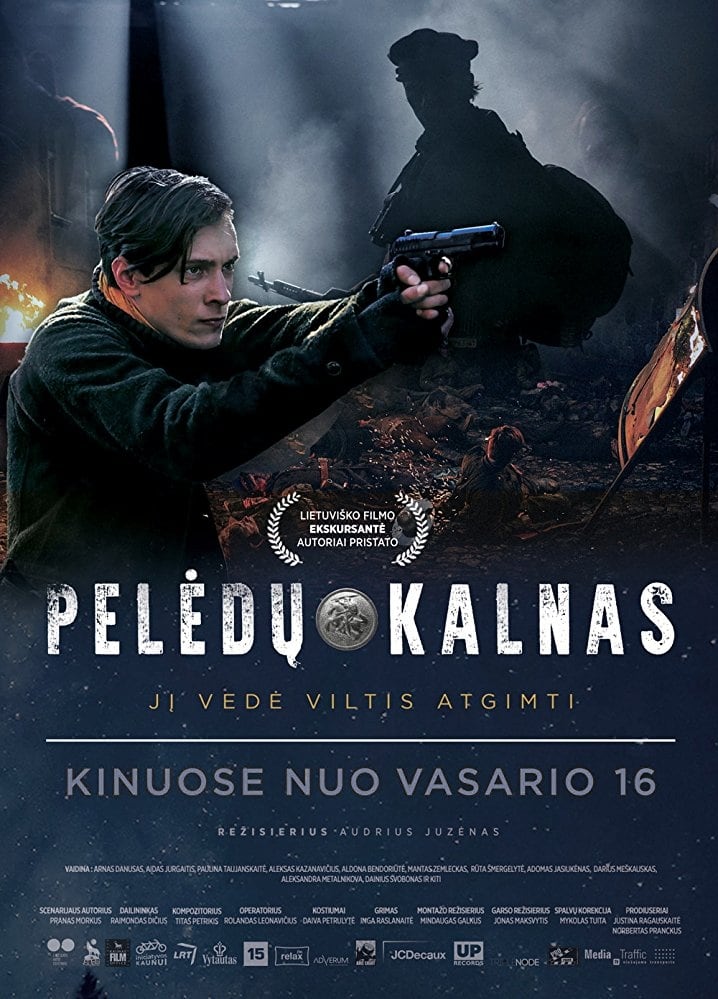
Radio Free Europe, BBC, and Voice of America can only rarely get through the Iron Curtain and Soviet mufflers to Lithuania, a country torn by a war between the local resistance movement and the Soviet regime that is forced onto Lithuanian people by bayonets of the Russian army. Everybody who tries to resist the Soviet rule is either terrorized or executed or exiled to Siberia. He is one of the local high-school students who witness the local armed resistance to the Soviet occupation and ultimately decide to join it by taking a gun into their hands. He collects documents and all possible kinds of evidence that prove daunting crimes of the Kremlin. He soon becomes a legend among his peers. To girls, he is John Wayne the Hollywood Icon. Guys see him as an insurmountable obstacle and an invincible rival in matters of love.
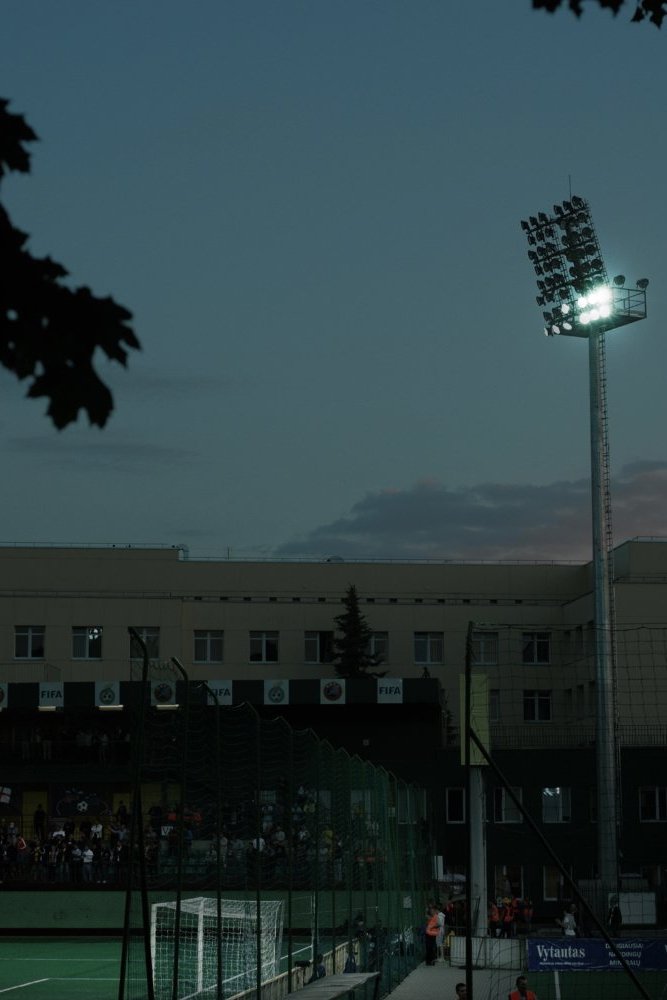
On a hot summer evening, a father and son try to make mother feel comfortable during her final hours at the hospital. The two men do everything they can to avoid admitting it is impossible to do anything more.
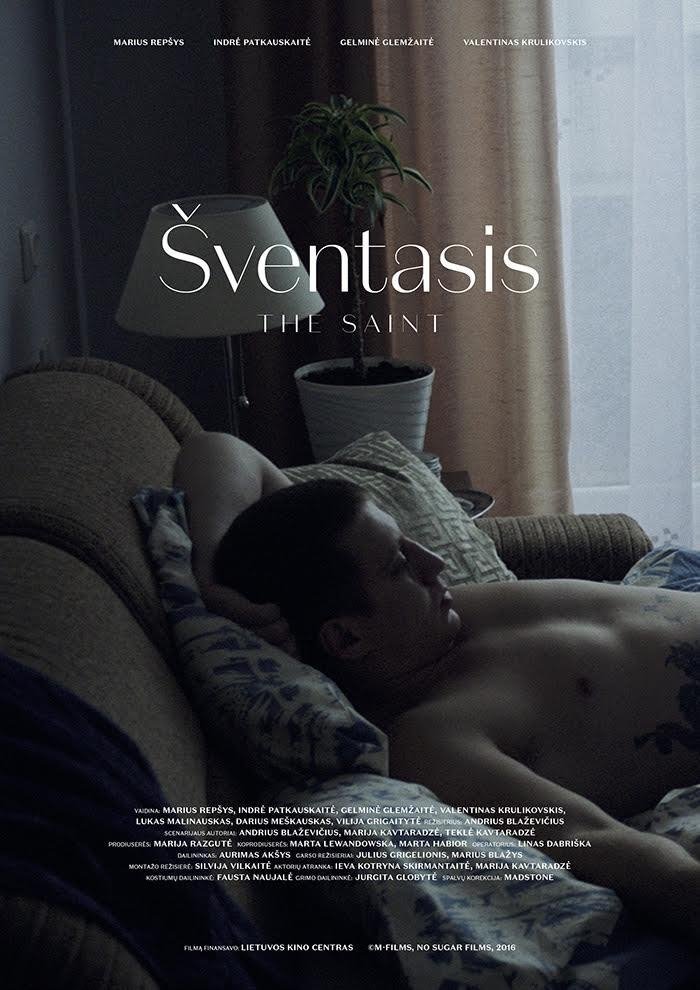
Lithuanian provincial town is facing the economic crisis in 2008. Vytas gets fired from the factory. Pushed by his wife, he immediately starts looking for a new job, but not really successfully. After having his haircut done, Vytas starts looking for a new love affair with a hairdresser Marija, but not really successfully, either. Finally, Vytas gets involved into a third search - he starts looking for a guy who posted video on youtube, claiming he saw Jesus Christ in their town. This is the only time he succeeds.